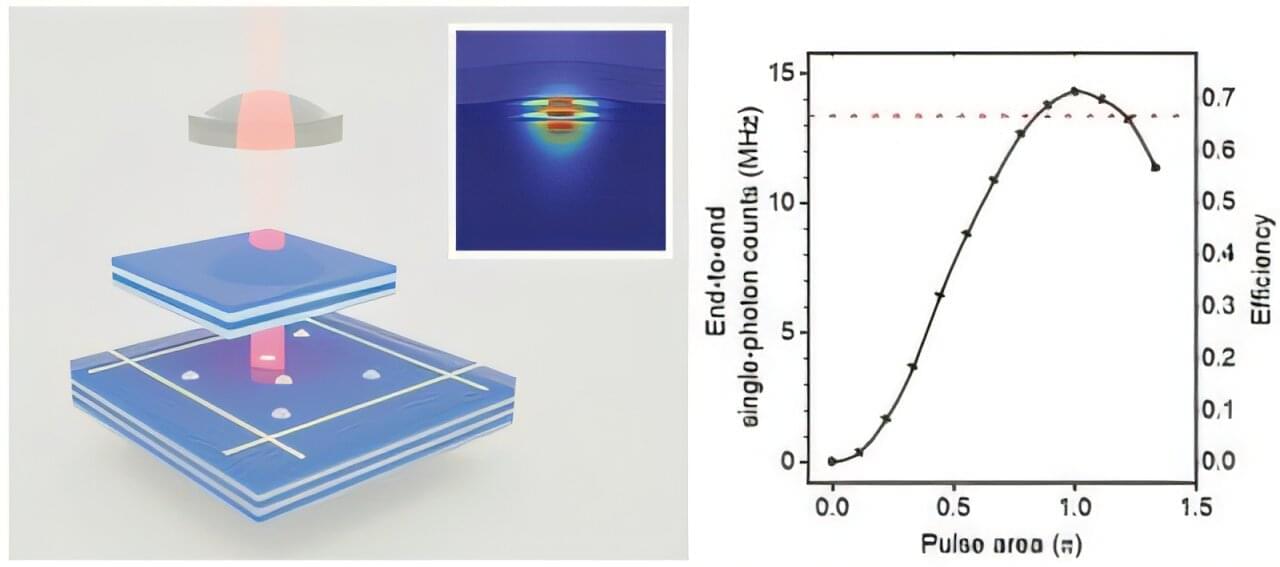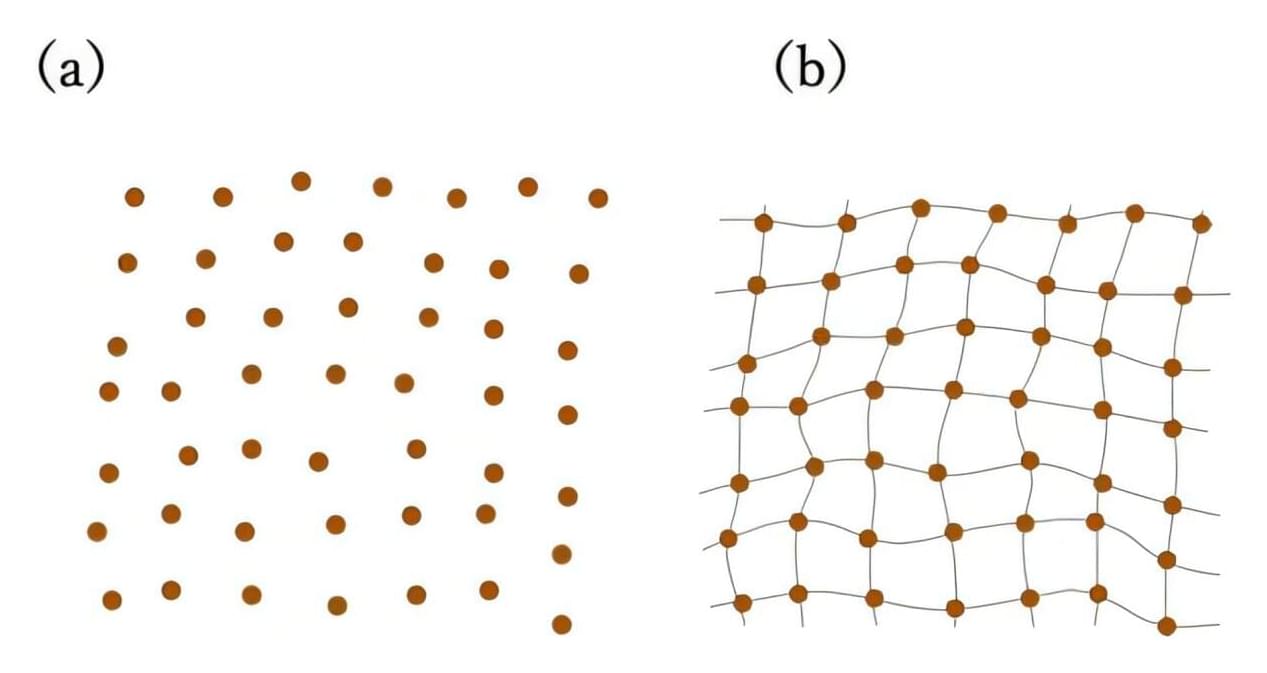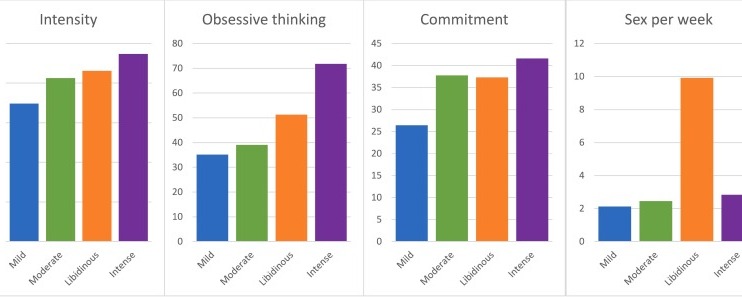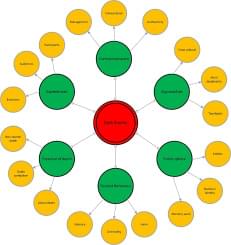Lacquers, paint, concrete—and even ketchup or orange juice: Suspensions are widespread in industry and everyday life. By a suspension, materials scientists mean a liquid in which tiny, insoluble solid particles are evenly distributed. If the concentration of particles in such a mixture is very high, phenomena can be observed that contradict our everyday understanding of a liquid. For example, these so-called non-Newtonian fluids suddenly become more viscous when a strong force acts upon them. For a brief moment, the liquid behaves like a solid.
This sudden thickening is caused by the particles present in the suspension. If the suspension is deformed, the particles have to rearrange themselves. From an energy perspective, it is more advantageous if they roll past each other whenever possible. It is only when this is no longer possible, e.g., because several particles become jammed, that they have to slide relative to each other. However, sliding requires much more force and thus the liquid feels macroscopically more viscous.
The interactions that occur on a microscopically small scale therefore affect the entire system and they determine how a suspension flows. To optimize the suspension and specifically influence its flow characteristics, scientists must therefore understand the magnitude of the frictional forces between the individual particles.









